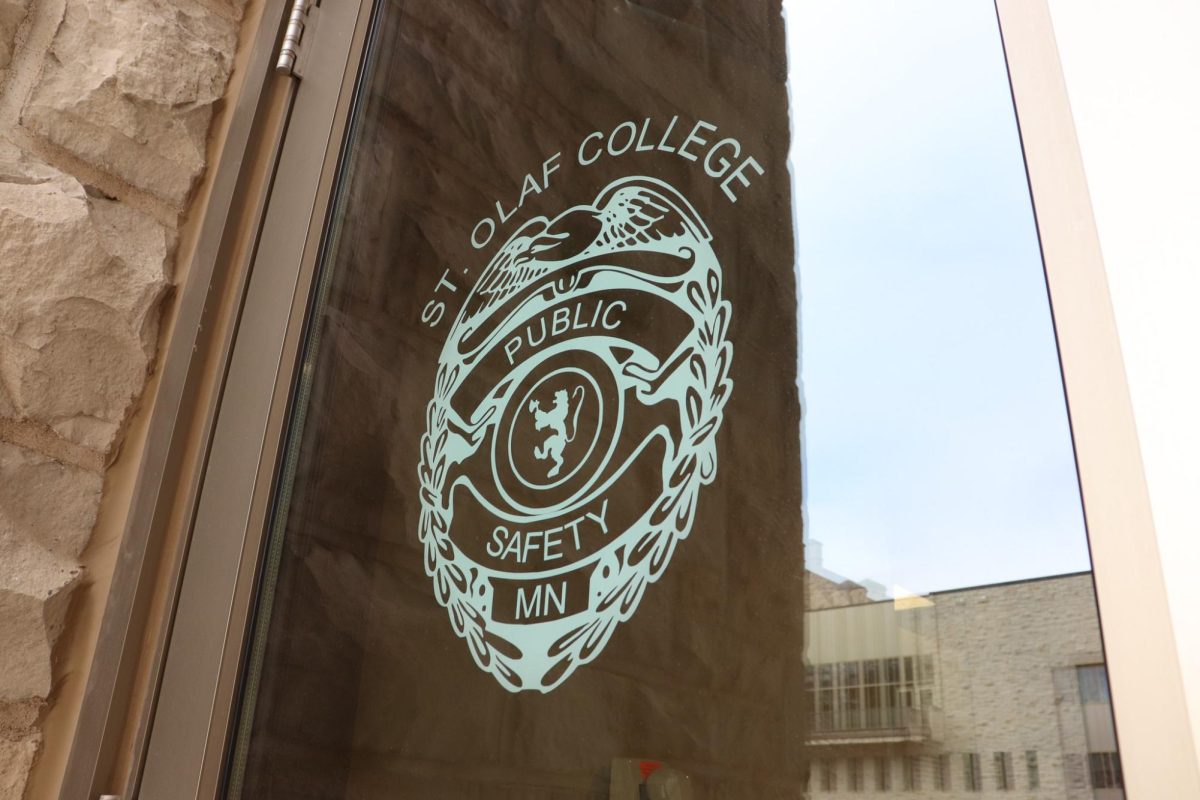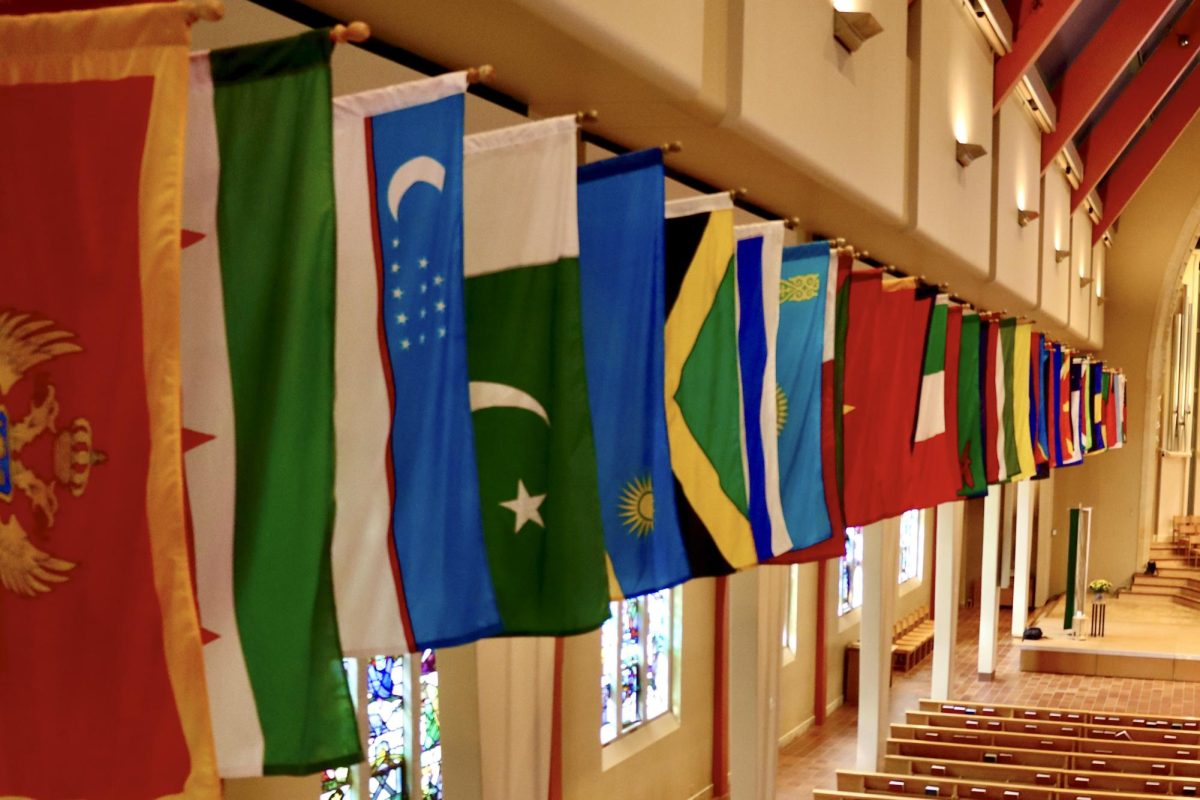On Oct. 16, Dave Van Wylen, professor of biology and faculty coordinator of the St. Olaf Sustainability Task Force, met with students and faculty members in Regents Hall. The meeting’s purpose was to discuss the direction and strategies of the task force.
“We want to be more intentional about our sustainability efforts,” Van Wylen said.
In May 2014, President David R. Anderson ’74 implemented a task force aimed at focusing on sustainability in the St. Olaf community. Its stated goals were:
“To document current policies and practices in the College’s operations regarding sustainability, to recommend strategies appropriate to the College’s sustainability efforts and to propose metrics to enable the College to measure the success of its efforts.”
The beginning of the current academic year saw the full implementation of the charge, and Van Wylen and his team have started working directly on the goals outlined for President Anderson’s task force. According to Van Wylen, the goals are:
“To enable an informed, fact-based consideration of how we are doing in this area, to consider what else we might do that is appropriate for the College and to measure the results.”
“We are really early in our work,” Van Wylen said. He was quick to point out that while the task force is young, it is quickly learning its role.
“We met with the Facilities Department and learned what’s happening on campus with building and grounds,” said Van Wylen. “We have people who think about their roles and responsibility with sustainability.
Assistant Directors of Facilities Kevin Larson and Gregg Menning were also present at the meeting. They provided information for the College’s sustainability efforts.
“Next summer there will be two insertions of insulation in the walls of Kildahl to monitor heat and cold,” said Manning. “Many of the buildings had single pane glasses, but now we are going to, at the very least, double pane glasses.
Manning also spoke briefly about the College’s high electricity use and emphasized the need for a change.
“We are looking at LED lighting as we are trying to move away from incandescent lights, which is probably the most inefficient form of lighting,” Manning said.
Larson took a different approach. He addressed the student responsibility to increase campus sustainability.
“Students who reside here have a huge part to play,” said Larson. “You, our users, have a huge input in what our facilities cost us.”
Larson urged students to turn off unused lights in their dorm rooms. He also encouraged students to look at an outline of the college’s sustainability spending efforts, which is due out soon. The report will be on the Facilities Web site.
Students asked questions about the college’s carbon usage and composting efforts. St. Olaf implemented a composting program at the beginning of the 2012 – 2013 academic year, but realized it did not have the resources to execute the program’s goals efficiently. There were too many students composting with too little natural space outside dorms. Moreover, students would throw away their compost waste in bulk, prolonging the decomposing process. Consequently, the composting program in residence halls is currently on hold.
The efforts to make St. Olaf more sustainable will continue.
“We want to leave college with an established metric that demonstrates how we measure sustainability of St. Olaf’s campus,” Van Wylen said.
The task force team meets one a week. For more information, contact Dave Van Wylen at [email protected].





